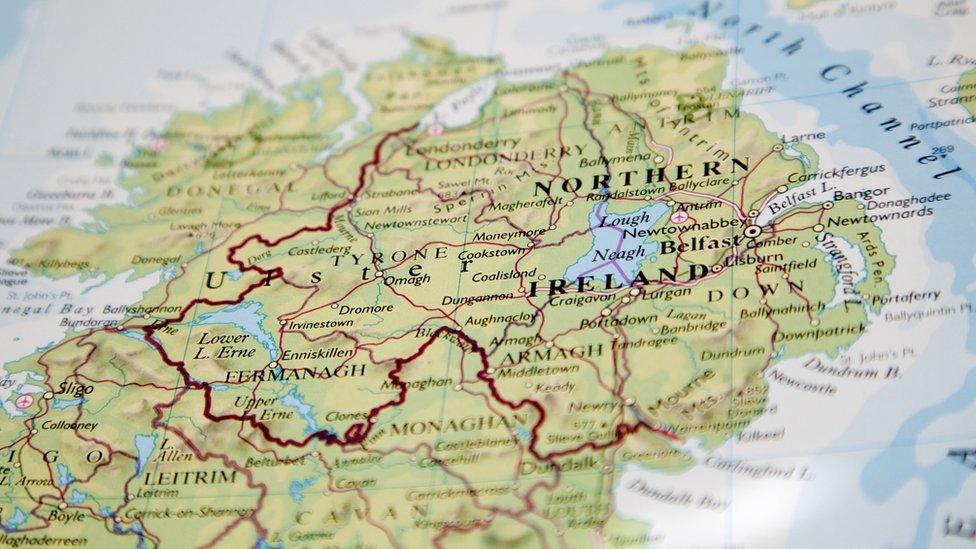The Irish unity question and the economics behind it
- Published
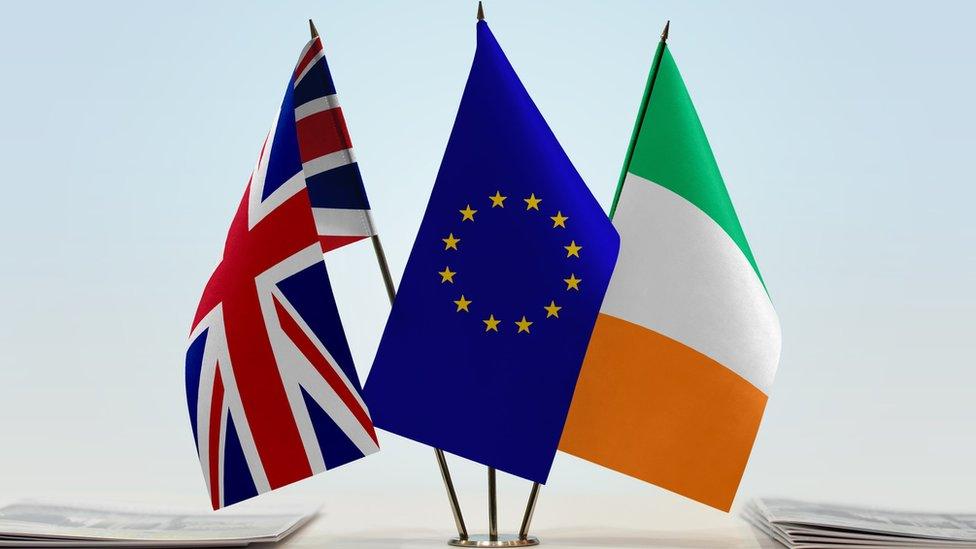
Since Brexit - perhaps because of it - there has been a renewed debate on the merits of a united Ireland.
But what do people in the Republic of Ireland think?
A green dome with a golden cross on top of a large church dominates the Rathmines skyline on Dublin's south side.
It used to be seen mostly as a student area but locals now describe it as a culturally-diverse, hipster hang-out zone even though it is also home to an Army barracks.
It's just the sort of area to get urban attitudes to Irish political unity.
"After 800 years we ought to have a united Ireland," one woman tells me.
"And if we had one we wouldn't have all the problems we have now with Brexit. And the whole trading issue is a nightmare. But I can't actually see it happening for at least another 20 years."
Another man disagrees with her.
"Definitely not," he says to the prospect of Irish re-unification.
"I'd leave things as they are because there will never be complete peace in the north."
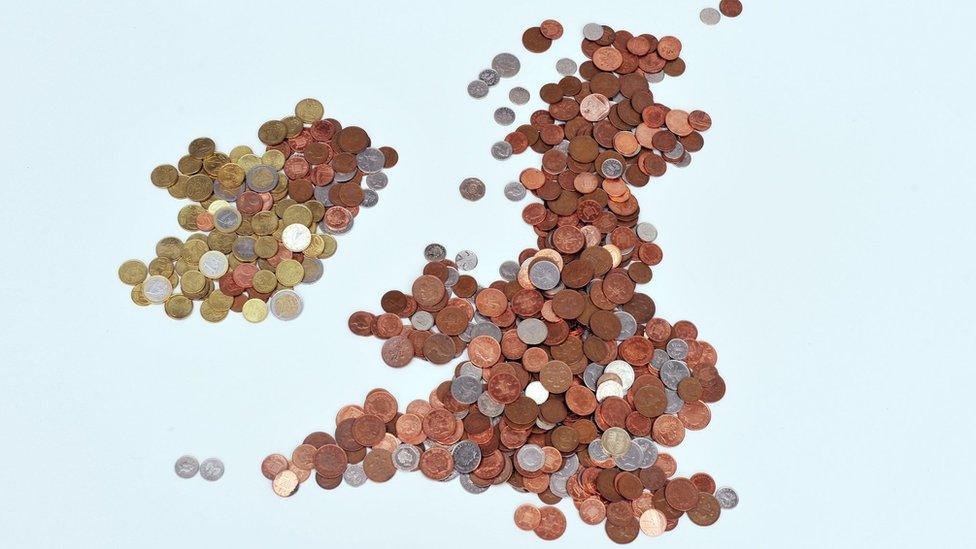
But what price are people in the Republic of Ireland prepared to pay for unity in terms of increased taxes or changing the national flag and anthem?
A woman tells me says she's in favour of re-unification but it may well come down to the effect on take-home pay and wages.
Another man who supports unity says he is prepared to pay higher taxes and "to make adjustments to our identity to account for inclusiveness".
That sample of views reflects general opinion in the Republic.
'Long-term implications'
Michael Brennan, political editor of the Business Post, says: "Our polling has found that about 60% of people support a united Ireland.
"But when you drill down into it to see if they support changing the flag or the national anthem, only between a quarter and a third want that.
"So, they haven't really thought about the long-term implications of what it would mean."
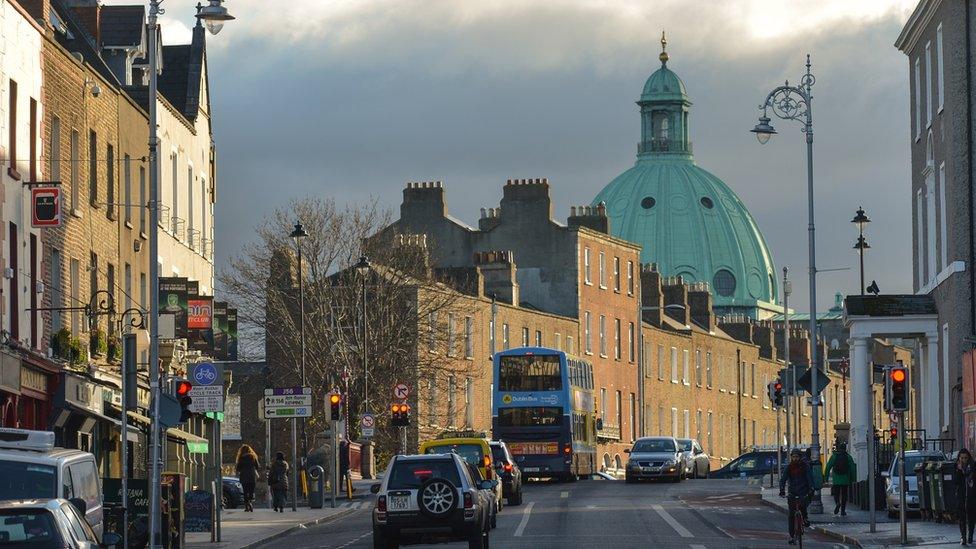
Attitudes to re-unification are mixed with polls in the Republic of Ireland suggesting 60% support
Academics complain that because statistics are collected differently north and south, it's very difficult to make accurate comparisons even in such areas as the economy and health outcomes.
But one study has found that since 2005, people in the Republic are living roughly 18 months longer and have 12% more disposable income after tax.
Then again living costs - particularly rent and housing - are much more expensive south of the border.
And that's before we get to the - again disputed - roughly £10bn annual subvention to Northern Ireland from London and how much a united Ireland would cost taxpayers in the Republic.
"The subvention, by my collection, would be approximately £3bn on day one for a united Ireland," according to Prof John Doyle, from the Department of Politics at Dublin City University.
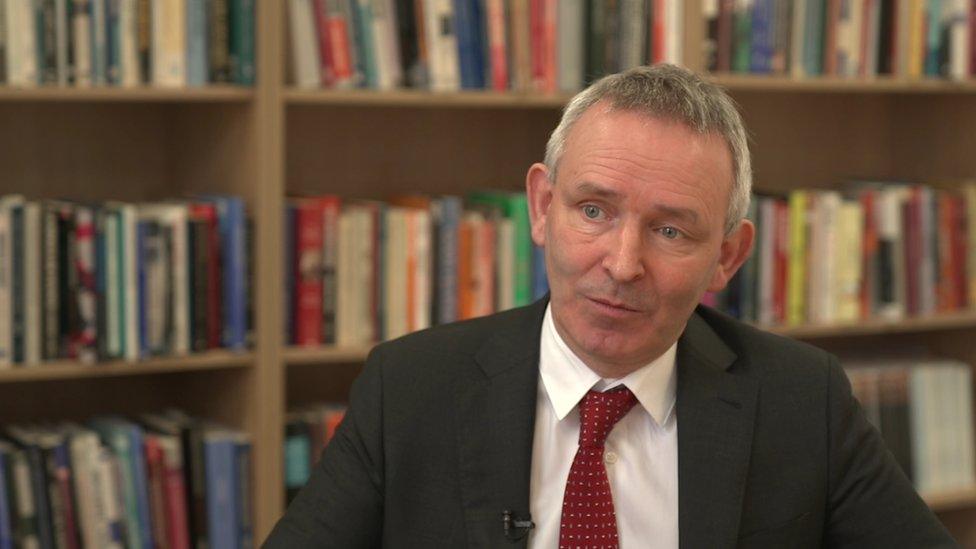
Prof John Doyle says solid economic growth would follow an united Ireland
He says that shortfall can be easily covered.
"That would approximate to around 5% growth in tax revenues in an all-Ireland economy," he said.
"That's achievable. At the moment, foreign direct investment in Northern Ireland is about 20% pro-rata of the figure in the Republic.
"There's no reason why foreign direct investment in a united Ireland would not reflect average figures."
But at this stage it's all very much an academic discussion, with no prospect of Irish political unity any time soon.
If and when there is a border poll, voters will need much better information and north-south comparisons than are currently available.
Related topics
- Published12 October 2021
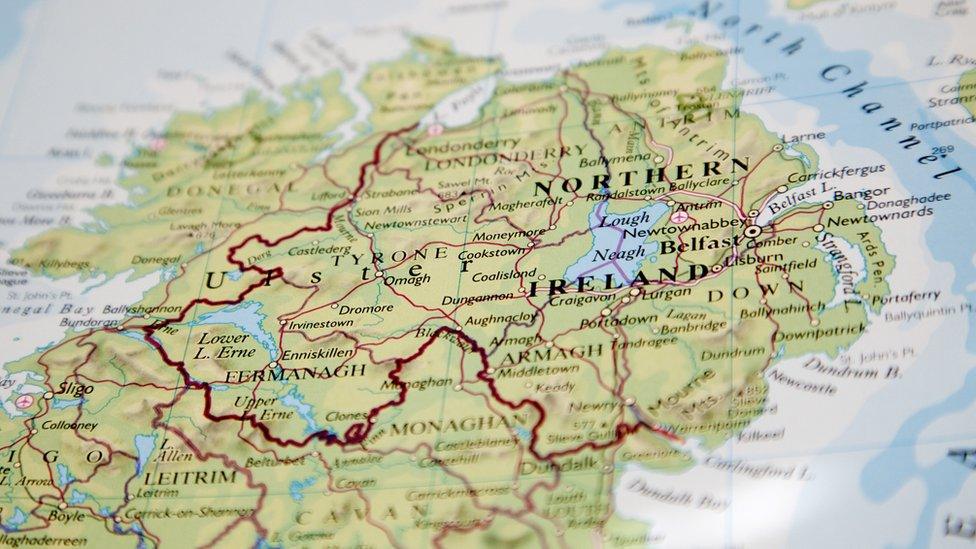
- Published20 February 2022
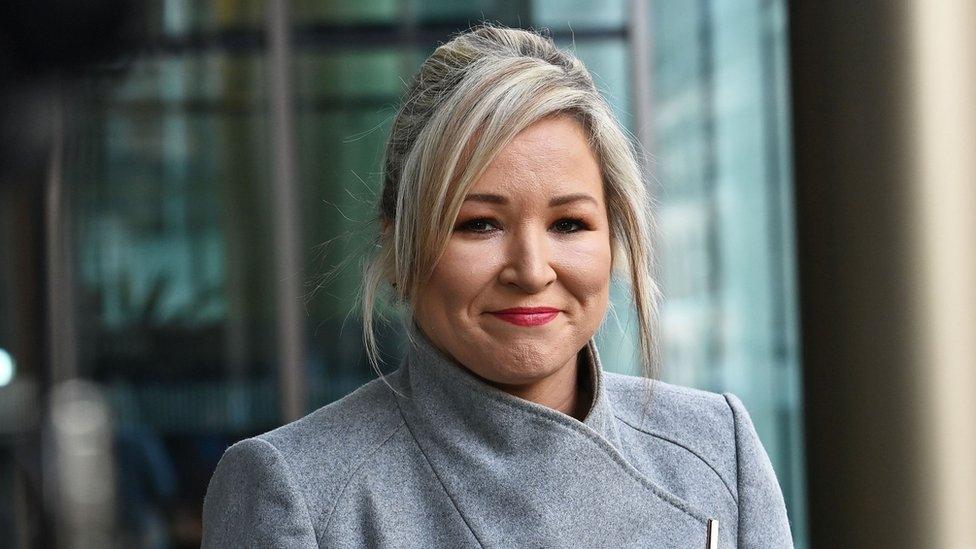
- Published20 April 2021
